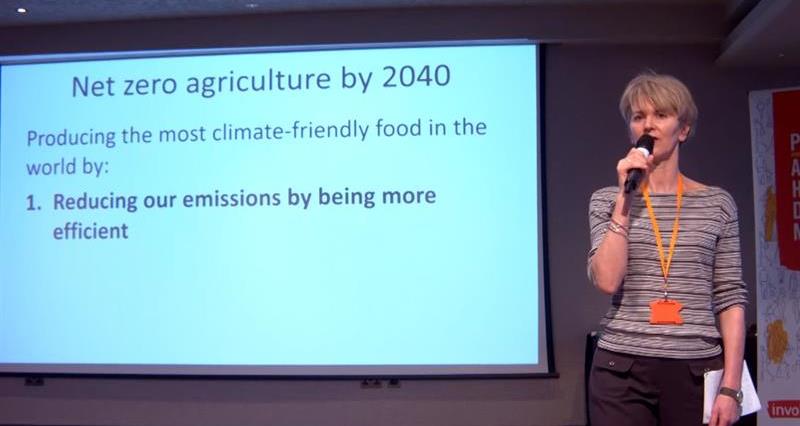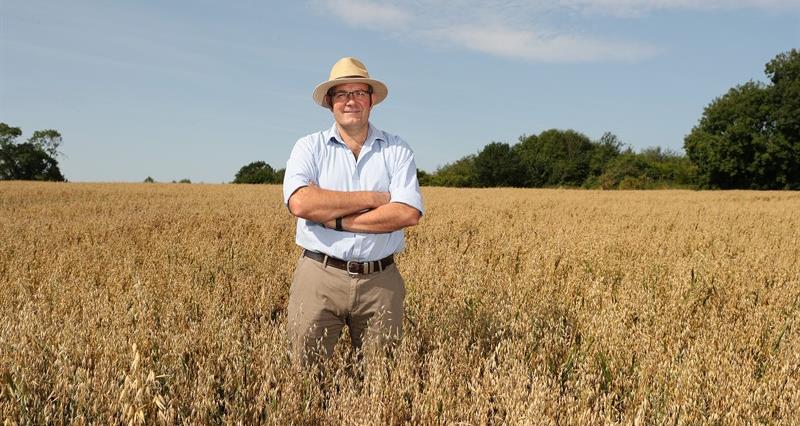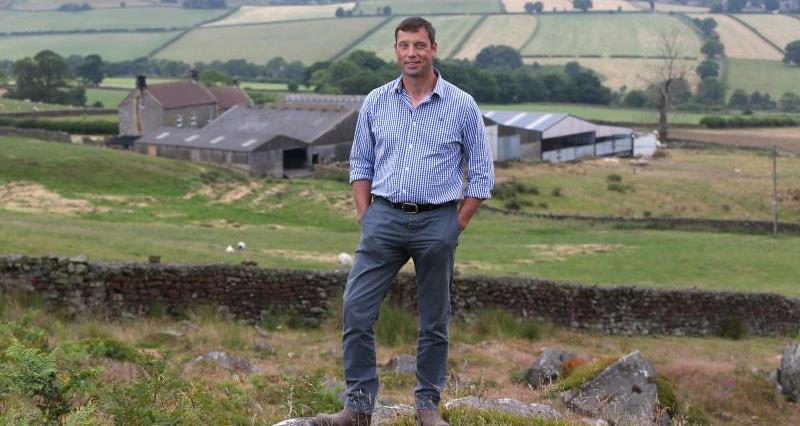The assembly was commissioned by a group of cross-party MPs with the aim of providing Parliament and Government with a clearer idea of what the people think about climate change and how to tackle it. A report of the assembly’s recommendations will be presented to Parliament in April. It brings together people from all walks of life and of all shades of opinion to discuss how the UK should meet this target.
Find out more about the assembly and Dr Ceris Jones' involvement on behalf of the NFU.
The advisory panel
The Advisory Panel, which is made up of key stakeholders with expertise in climate change areas, will work alongside an Academic Panel of researchers to ensure that all Climate Assembly UK discussions are balanced, accurate and comprehensive, and that any recommendations to government, businesses and the public are based on sound evidence.
The first Climate Assembly UK meeting of 110 people will take place on Friday 24 January and there will be a further three meetings before the end of March.
Working alongside Dr Jones on the Advisory Panel:
- Fernanda Balata, New Economics Foundation
- Tanisha Beebee, Confederation of British Industry (CBI)
- Patrick Begg, National Trust
- Allen Creedy, Federation of Small Businesses (FSB)
- Audrey Gallacher, Energy UK
- Professor Michael Grubb, University College London (UCL) Institute for Sustainable Resources
- Eamonn Ives, Centre for Policy Studies
- Ann Jones, National Federation of Women’s Institutes
- Chaitanya Kumar, Green Alliance
- Kirsten Leggatt, 2050 Climate Group
- Matthew Lesh, Adam Smith Institute
- Nick Molho, Aldersgate Group
- Luke Murphy, Institute for Public Policy Research (IPPR)
- Tim Page, Trades Union Congress (TUC)
- Doug Parr, Greenpeace
- Dr Alan Renwick, Constitution Unit, University College London (UCL)
- Dhara Vyas, Citizens’ Advice
- Rebecca Williams, RenewableUK
“I’m really glad to be a part of the Advisory panel that will support discussions on how the UK can reach its new climate change target of net zero emissions by 2050.”
NFU climate change adviser Dr Ceris Jones
Addressing the assembly
Speaking to assembly members Dr Jones said:
“We want to produce the most climate-friendly food in the world. And the reason we want to do that is not just because of the potential impacts of climate change on the planet that we live in, but also because the weather and climate effects everything that farming does."
“The first of those things, and perhaps most importantly, is about reducing the emissions from food production. And we can do that by being more efficient, by producing more with less.
"We're looking to government to help us store carbon on farmland and also to help us generate more renewable energy. We also need, with the level of change that's ahead, new skills and training. It's going to take investment, and we need trade deals that aren't going to undermine the high standards that we already have here.”



